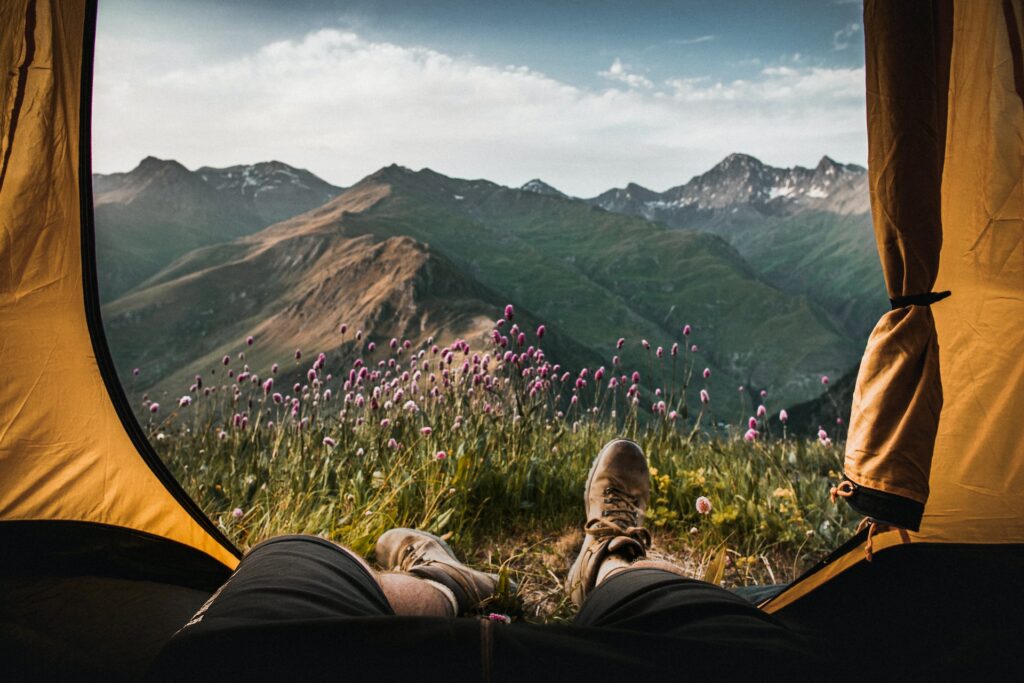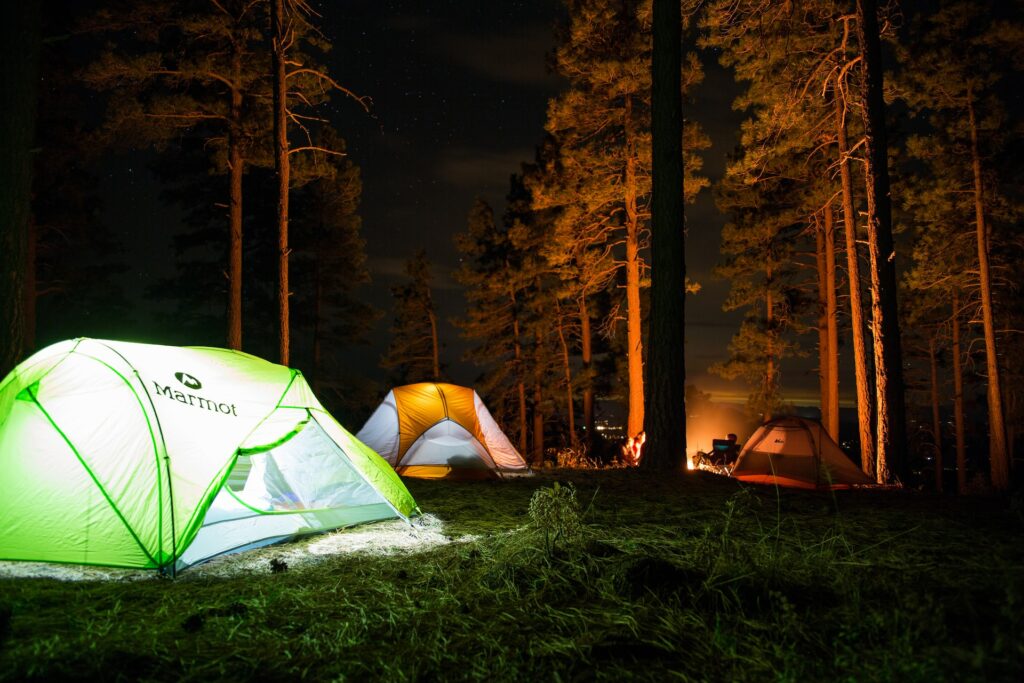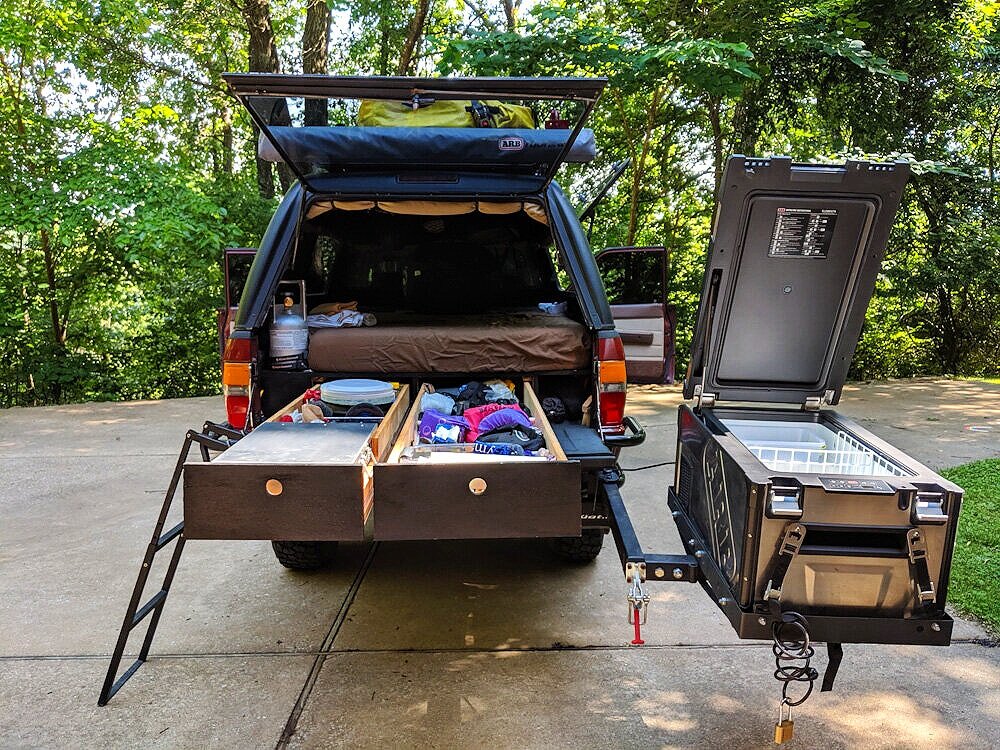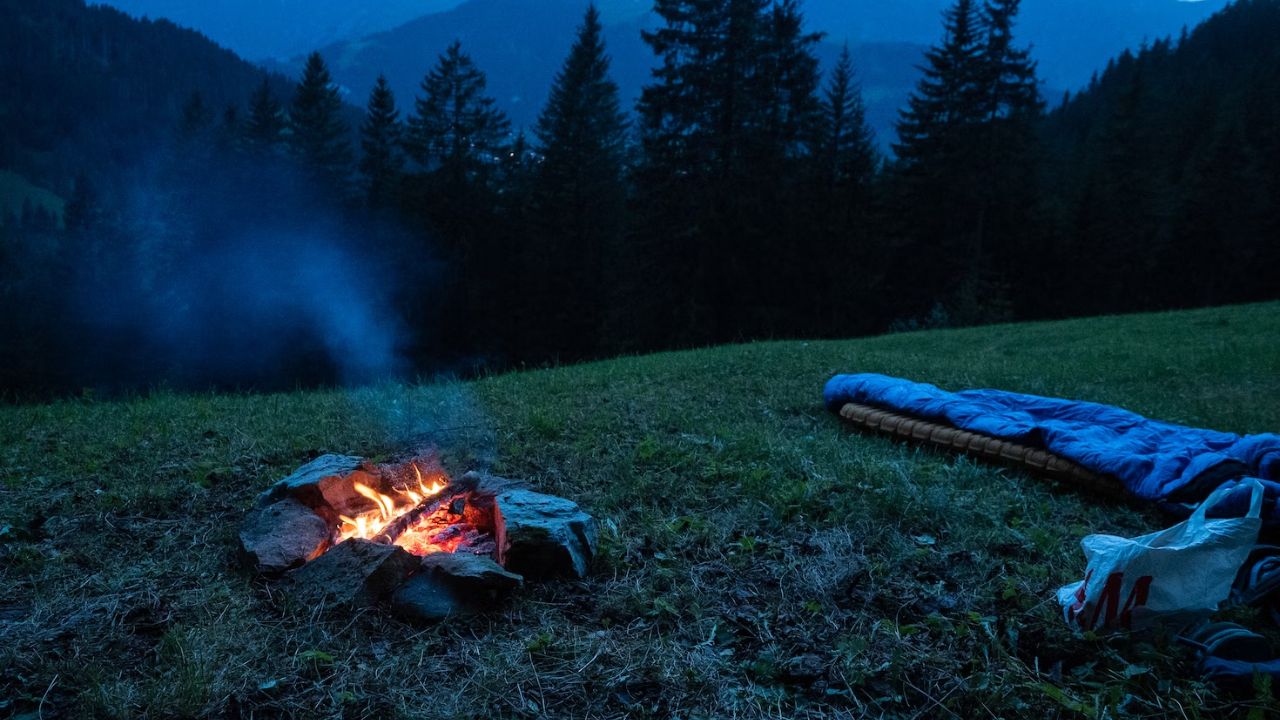Welcome to the world of camping! It has been a beloved recreational activity in the US for a long time, letting you reconnect with nature and create memories.
However, as with any outdoor activity, knowing the rules and regulations governing camping in the US is crucial. It ensures our safety, helps preserve the natural environment, and maintains the accessibility of camping areas for future generations.
So, let’s start with the most obvious question first. Is camping illegal in the US?
Camping is not illegal in the US if you adhere to certain guidelines. Don’t trespass on private property, and know any local ordinances or regulations specific to the area where you plan to camp. Ensure that your camping doesn’t cause a public nuisance, such as excessive noise or environmental damage.
By respecting private property, following local regulations, and being considerate of others, you can enjoy camping within the boundaries of the law. Remember, knowledge and preparation are the key to a successful camping experience.
So, whether you’re dreaming of exploring the majestic national parks or embarking on a cross-country camping road trip, join me as I unravel the world of camping regulations in the US. Too cringy? Never mind, let’s begin.
1. What are the camping regulations in the US?
When camping, you must cover all your basis. And by that, I mean you should know about all levels of rules and regulations, federal, state, or local.
A. Federal Camping Regulations
At the federal level, the primary agencies responsible are the National Park Service (NPS) and the U.S. Forest Service (USFS). They oversee some of the most iconic camping destinations in the country.
Each agency has its own set of regulations, which may include restrictions on campsite locations, permits and fees, campfire regulations, waste disposal guidelines, and wildlife interactions.
B. State Camping Regulations
In addition to the feds, each state has camping regulations that apply to public lands within its jurisdiction. State park systems, wildlife management areas, and other state-managed lands may have specific guidelines regarding camping activities.
These typically cover camping permits, reservation systems, campground rules, quiet hours, and specific restrictions or guidelines for fishing, hunting, or hiking activities. To ensure compliance, visit the official website of the state park or land management agency for the most up-to-date information on camping regulations.

C. Local Camping Regulations
Local municipalities and counties may also have their camping regulations, particularly in areas not under federal or state jurisdiction. They may address permits, restrictions on the number of consecutive nights, noise ordinances, etc.
2. Camping on Public Land vs. Private Property
For campers, public land refers to federal or state-owned land, such as national parks, national forests, and wildlife management areas. They’re generally open to the public for recreational activities. In comparison, camping on private property requires obtaining permission from the landowner.
Private landowners have the authority to set rules and restrictions regarding camping activities. It’s essential to seek permission from the landowner and comply with any guidelines they provide.
Furthermore, you can divide the public lands into three categories.
- National Forests: Expansive areas managed by the U.S. Forest Service (USFS) and are known for their diverse landscapes and recreational offerings.
- Bureau of Land Management Areas: They offer camping opportunities, including developed campgrounds and dispersed camping at the millions of acres of public land in western states overseen by the BLM.
- National Parks: While camping opportunities in national parks may be more limited, many parks offer campgrounds for both tents and RVs.
3. How to reserve campgrounds and get camping permits?
Making reservations and obtaining permits can ensure a smooth and enjoyable camping experience on public lands. Here’s what you need to know about reservations and permits for camping:
A. Reservation System
This system allows you to secure your desired campsite in advance, especially during peak seasons when camping areas get crowded. Reservations can be made online through the land management agency’s website or a designated reservation service.
B. Campground Fees
US campground fees can vary widely depending on location, amenities, and the campground type.
Generally, public campgrounds may range from $10 to $30 per night. State park campgrounds are between $20 and $40 per night, while national park range from $15 to $35 per night. Private lands and RV parks have higher fees, typically from $30 to $60+ per night.
C. Permit Requirements
In addition to making reservations, certain camping areas may require permits for specific activities or locations. Researching the permit requirements for your chosen camping destination and understanding the application process is essential.

D. Peak Season and Popular Destinations
If you plan to camp in popular destinations or during peak seasons, it’s crucial to be proactive and plan ahead. These high-demand periods can result in the limited availability of campsites and increased competition for reservations.
E. Alternatives to Reservations
While reservations are the preferred method for securing campsites on public lands, it’s worth noting that some camping areas operate on a first-come, first-served basis.
These campgrounds don’t accept reservations and allocate campsites to visitors upon arrival. They’re a viable alternative if you prefer a more spontaneous camping experience like I do.
4. Which is better: Public Lands vs Private Campgrounds?
Regarding camping, public lands offer a vast array of natural beauty and outdoor adventures. However, there are also alternatives to camping on public lands, such as private campgrounds and RV parks.
Camping on private land offers its own set of advantages and considerations compared to camping on public lands.
Here are some key factors to keep in mind:
- Availability and Convenience: Private campgrounds and RV parks may have more availability, especially during peak seasons when public campgrounds can be fully booked.
- Developed Infrastructure: Private campgrounds often have well-developed infrastructure, including facilities, utilities, and recreational amenities.
- Less Seclusion and Natural Setting: Private campgrounds may be located in more developed or populated areas, impacting the wilderness experience.
- Cost: Private campgrounds and RV parks generally come with higher fees.
- Rules and Regulations: While private campgrounds have their own rules and regulations, they usually are less stringent than those imposed by land management agencies on public lands.
5. Best Practices for Camping Etiquette

Here are some best practices / etiquettes that I have learned through experience:
- Respect other campers’ desire for peace and quiet. Keep noise levels to a minimum, and avoid shining bright lights.
- Keep your campsite clean and organized. Dispose of trash properly, using designated receptacles or packing it out.
- Avoid damaging vegetation or disturbing natural features. Leave natural and cultural artifacts untouched for others to appreciate.
- Be considerate of other campers and their camping experience. Keep a reasonable distance between campsites to provide privacy.
- Camping often provides opportunities to connect with fellow outdoor enthusiasts. Be friendly and open to interactions with other campers.
- Stay informed about the camping area’s local flora, fauna, and cultural history.
Remember, camping is not just about enjoying nature but also about being responsible stewards of the environment.
6. Frequently Asked Questions
1. What states are friendly towards camping?
Some US states friendly towards camping include Colorado, Oregon, California, Utah, Montana, and Washington. These states offer diverse camping opportunities with picturesque landscapes, including national parks, state parks, and national forests.
2. Is stealth camping illegal in the US?
Stealth camping, also known as wild camping or boondocking, generally falls in a legal gray area in the United States. The legality varies depending on the location, as it may be prohibited in certain places. Researching and understanding the camping regulations specific to the area you plan to visit is important.
3. Are there restrictions on where I can camp?
There are often restrictions on where you can camp, even on public land. Many areas have designated campsites, and camping outside these areas may be prohibited. Additionally, some regions may have specific restrictions on camping near water sources, trails, or sensitive ecosystems.
4. How do I find campsites on public land?
You can find campsites on public land by researching the websites and resources of the respective land management agencies. They often provide information on available campsites, amenities, and reservation procedures.
6. What are the Leave No Trace principles?
Leave No Trace (LNT) principles are guidelines designed to minimize the impact of outdoor activities on the environment. These principles include packing out trash, respecting wildlife, camping on durable surfaces, and minimizing campfire impacts. Following LNT principles helps preserve natural areas for future generations.
7. Can I camp for free on public land?
While some campsites on public land may be free, others may require a fee or reservation. It is important to check the specific regulations and fee structures for the campground or area you plan to visit.
8. Can I camp year-round on public land?
Camping availability and regulations may vary depending on the season and location. Some campsites may have seasonal closures or limited access during certain times of the year. It is advisable to check the availability and any seasonal restrictions before planning your camping trip.

